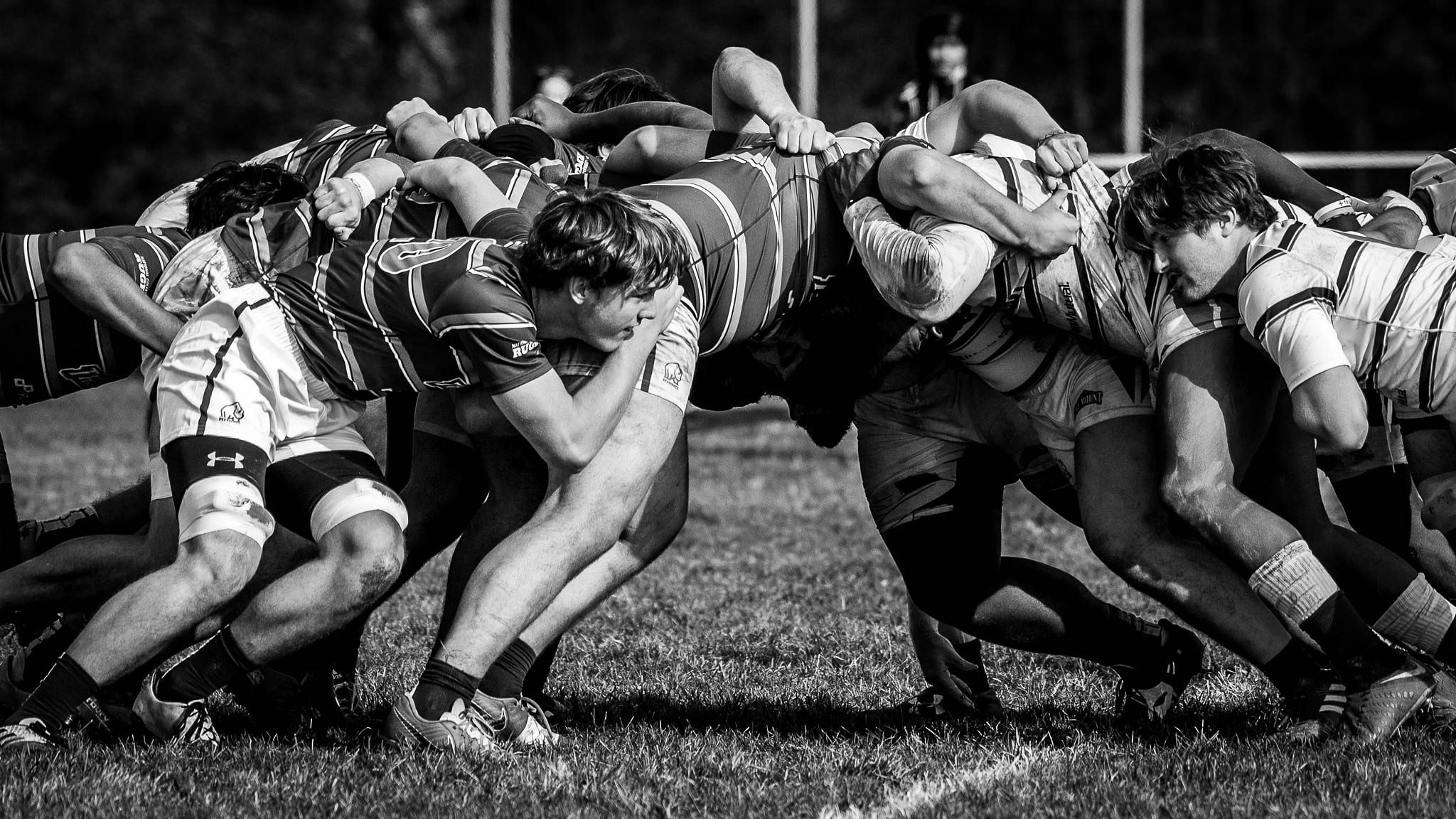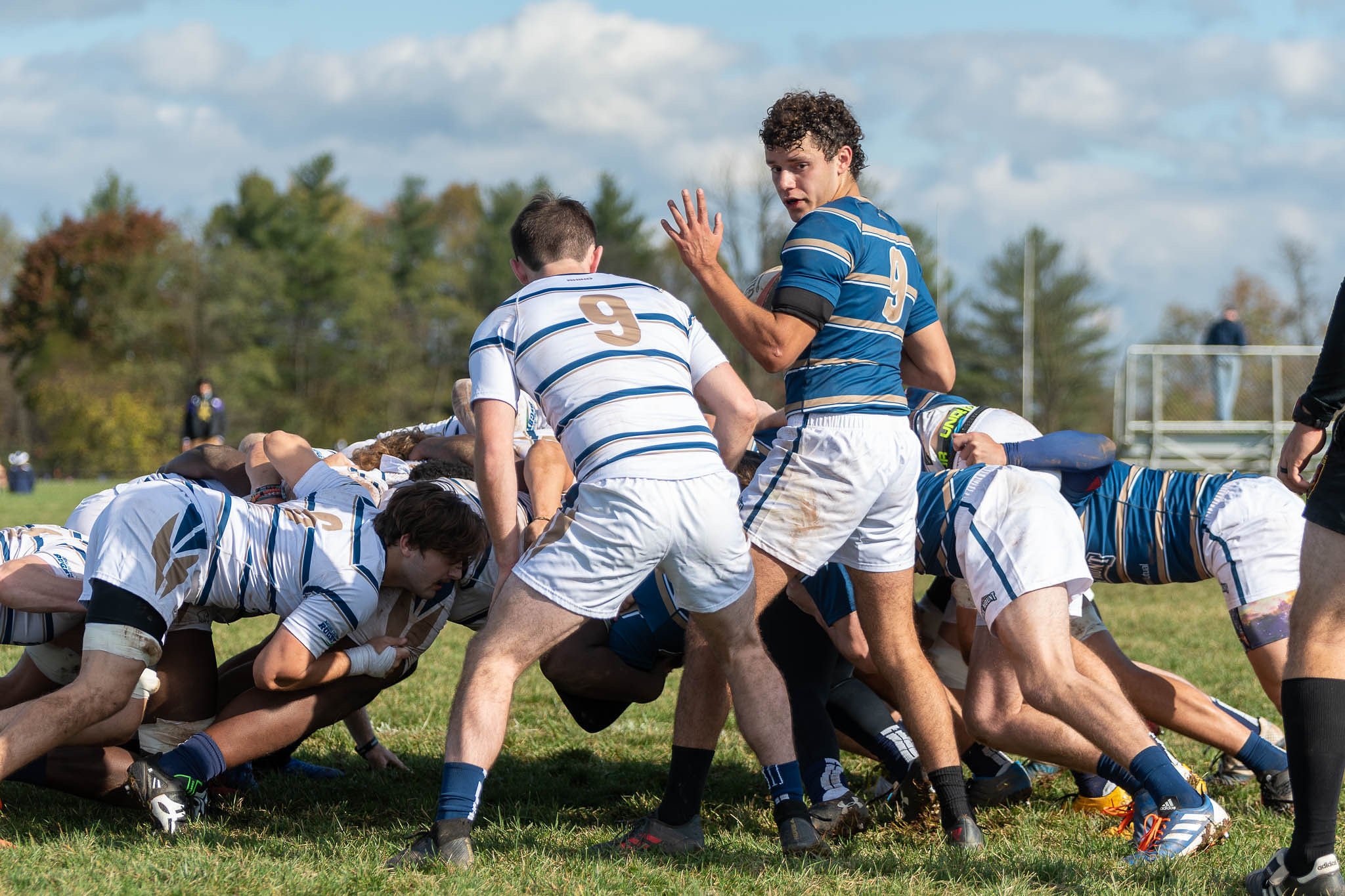COLLEGE RUGBY

Rugby is one of the largest club (non-NCAA) sports in the country with over 800 schools playing 15s and 7s seasons. The mens and womens competitive levels range from recreational clubs through to DIA elite teams. Most schools play in regional conferences and have access to national championship pathways.
The sport is governed by several national organizations:
- National Collegiate Rugby (NCR) is the largest governing body and supports national championships for small college clubs, DII, and DI mens and womens programs.
- The Collegiate Rugby Association of America (CRAA) governs DIA men’s schools competing across eight conferences.
- National Intercollegiate Rugby Association (NIRA) brings together institutions that compete at the highest levels of intercollegiate women’s rugby. NIRA is the governing body that oversees rugby as an NCAA Emerging Sport for Women and its teams adhere to NCAA eligibility rules.
- The American Collegiate Rugby Association (ACRA) oversees four large women’s conferences in the East and Mid-Atlantic regions.
Collegiate Recruiting
College Rugby is divided among several different types of teams, and each of these has a different recruiting process. It’s important for high school student-athletes to understand the differences, and what that means for them.
Before we get into it, a piece of advice—your chief reason for choosing a college must be your education. It does you no good to go to a school that doesn’t offer the right course of study or the right opportunities for you simply because you’re excited about the rugby team.
Our second piece of advice is how you define scholarships. Remember that a scholarship is very rarely a free ride. Getting $1000 to help you with expenses is still called a scholarship, as is full coverage of your tuition. When you hear the word “scholarship” find out what it covers, because it may not be what you expect. And finally—when you’re making your rugby decision about a college team, make sure you know not only the strengths of the program you are considering, but also who they play. If you’re joining a strong team that has a weak schedule, is that right for you?

